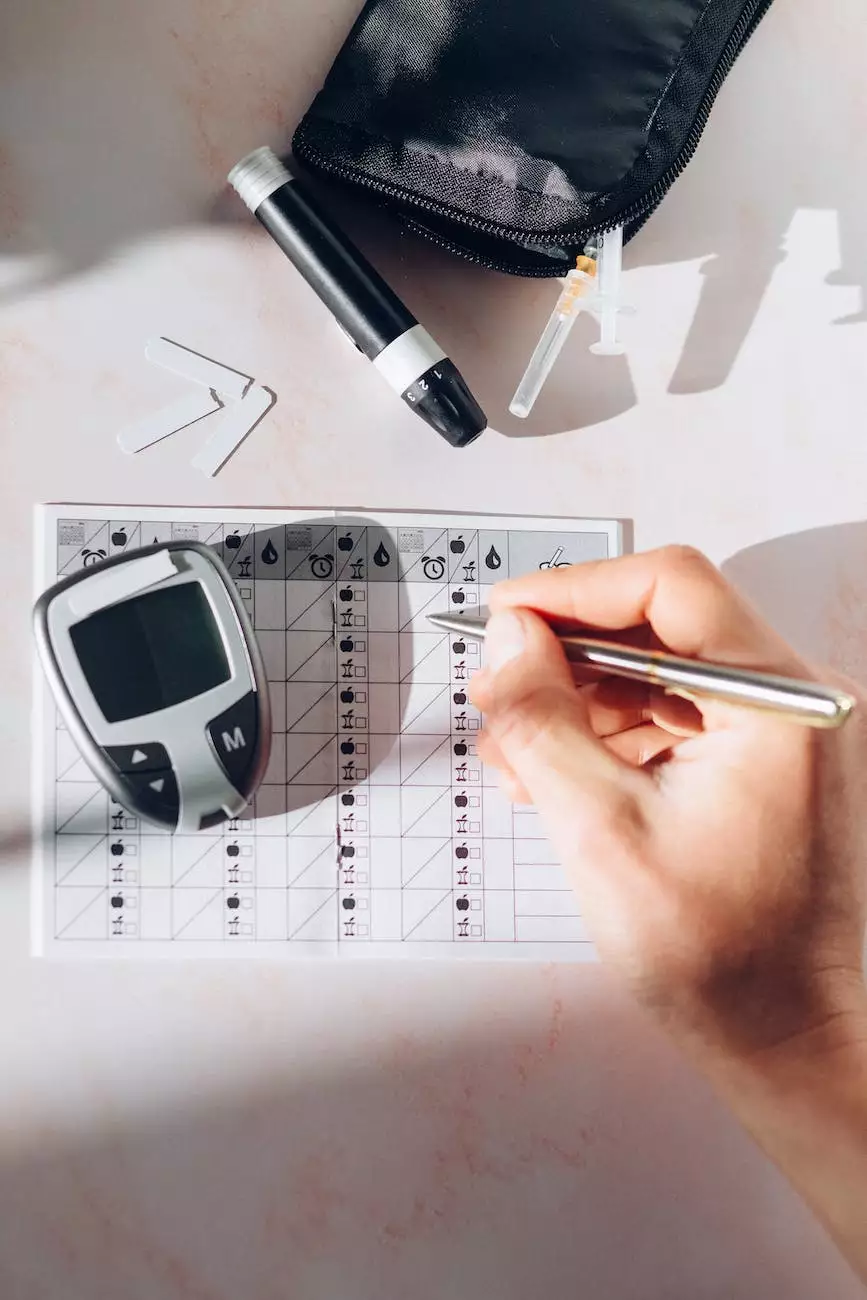Lifestyle and Medication for Neurogenic Bowel Constipation

Understanding Neurogenic Bowel Constipation
Neurogenic bowel constipation is a condition that affects individuals with neurological disorders, such as spinal cord injury, multiple sclerosis, or Parkinson's disease. It occurs when there is a disruption in the normal functioning of the bowel due to nerve damage.
Common symptoms of neurogenic bowel constipation include infrequent bowel movements, difficulty passing stool, abdominal discomfort, and bloating. Left untreated, it can lead to complications such as fecal impaction or bowel incontinence.
Causes of Neurogenic Bowel Constipation
The main cause of neurogenic bowel constipation is damage to the nerves that control bowel movements. This damage can occur due to spinal cord injuries, certain diseases, or surgical procedures affecting the nervous system. When the nerves are unable to transmit signals effectively, the muscles responsible for pushing stool through the colon become sluggish, resulting in constipation.
Diagnosing Neurogenic Bowel Constipation
If you suspect you have neurogenic bowel constipation, it is important to consult a healthcare professional for an accurate diagnosis. During the diagnosis process, your doctor may perform a physical examination, review your medical history, and order tests such as anorectal manometry or a colon transit study to assess the severity of the condition and rule out other underlying causes of constipation.
Managing Neurogenic Bowel Constipation
Managing neurogenic bowel constipation involves a combination of lifestyle changes and medication. It is important to work closely with your healthcare team to develop a personalized treatment plan based on the underlying cause and severity of your condition.
Lifestyle Changes
1. Dietary Modifications: The first step in managing neurogenic bowel constipation is making dietary adjustments. Ensure your diet includes adequate fiber-rich foods such as fruits, vegetables, whole grains, and legumes. Fiber helps add bulk to the stool, making it easier to pass. Additionally, staying well-hydrated is crucial for maintaining bowel regularity.
2. Regular Exercise: Engaging in regular physical activity can stimulate bowel movements and promote overall bowel health. Try incorporating activities such as walking, swimming, or yoga into your daily routine to keep your digestive system active.
3. Establish a Routine: Creating a consistent bowel routine can help train your body to have regular bowel movements. Try to visit the bathroom at the same time each day and allow yourself enough time to fully empty your bowels.
Medication Options
1. Stool Softeners and Laxatives: Your doctor may recommend over-the-counter or prescription laxatives to soften the stool and facilitate easier bowel movements. Stool softeners are particularly helpful in preventing constipation.
2. Suppositories and Enemas: In some cases, your healthcare provider may suggest using suppositories or enemas to help stimulate bowel movements and relieve constipation.
3. Prescription Medications: Depending on the severity of your condition, your doctor may prescribe medications that help regulate bowel function and improve overall gastrointestinal motility.
Additional Considerations
Neurogenic bowel constipation is a chronic condition that requires ongoing management. It is essential to maintain open communication with your healthcare team and follow up regularly for any necessary adjustments to your treatment plan. Additionally, developing a support network and seeking emotional support can also play a vital role in managing the challenges associated with neurogenic bowel constipation.
Conclusion
Managing neurogenic bowel constipation involves a combination of lifestyle changes and medication. By implementing dietary modifications, engaging in regular exercise, establishing a routine, and considering appropriate medication options, individuals can effectively manage their symptoms and improve their quality of life. Remember, early diagnosis and comprehensive treatment are key to minimizing the impact of neurogenic bowel constipation on your daily life.




